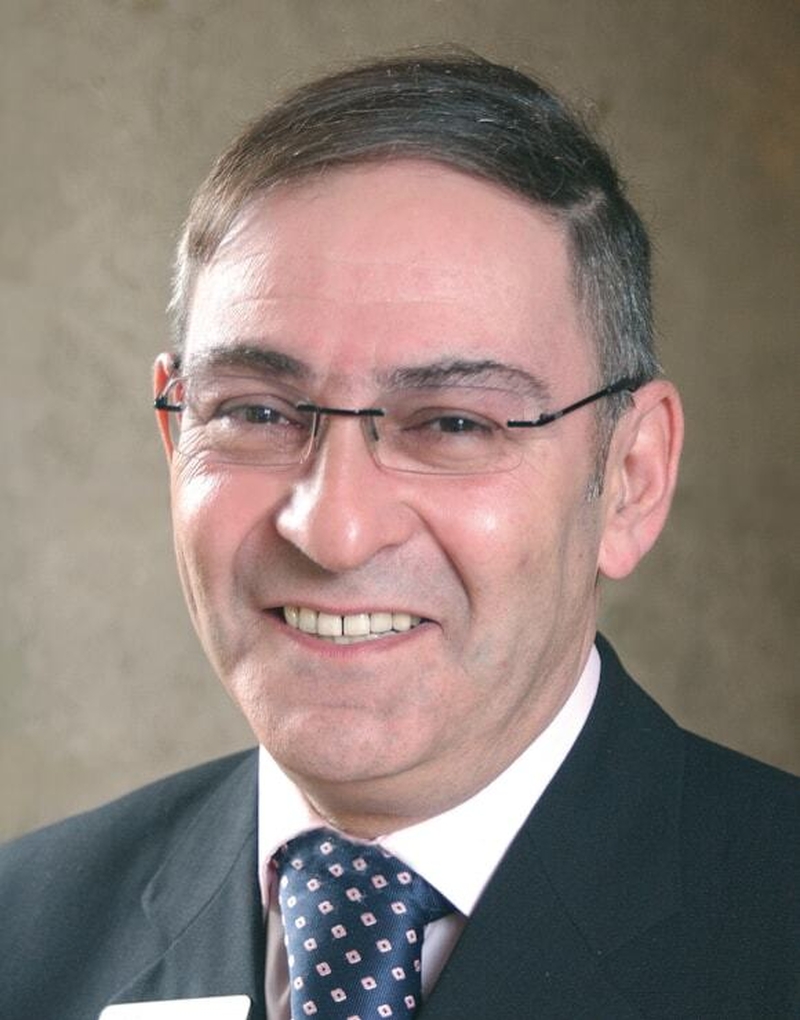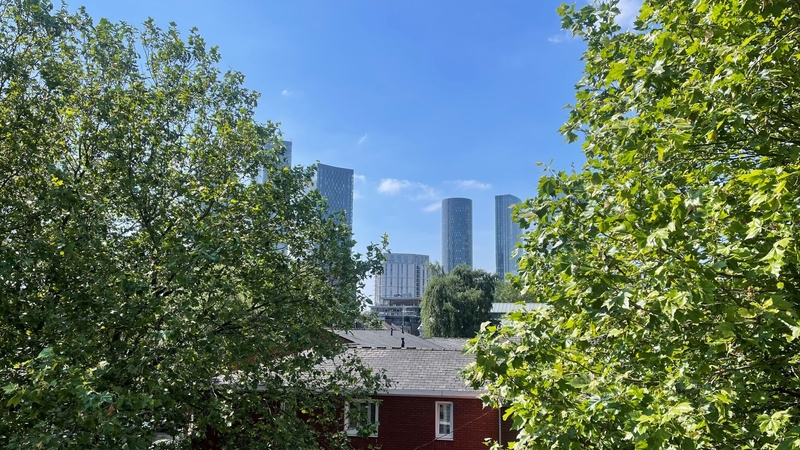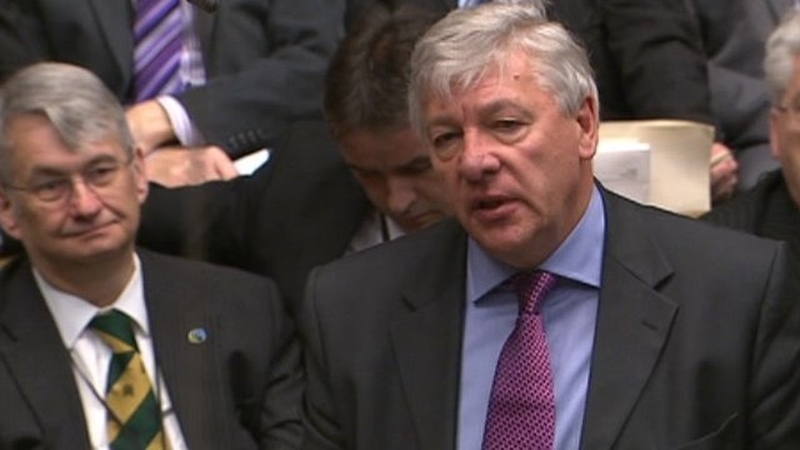The Blackley and Middleton South candidate on why SHB was so important to Manchester
Sir Howard Bernstein has a claim to fame that I don’t believe has been mentioned in all that has been written about him since his death on 22 June. I think he must be the only local government officer to have been hugged by a tearful world chess champion. This requires a little explanation.
Chess grand master Nigel Short had won the right to challenge world champion Gary Kasparov in 1993. FIDE, the international chess federation had chosen Manchester to host the match in the Royal Exchange. Short wanted more money than had been agreed and he and Kasparov broke away from FIDE.
Howard had meetings with both competitors but could not budge Short. Kasparov, who said he felt bad about letting Manchester down tearfully embraced the future Chief Executive of Manchester City Council.
Manchester would be different and inferior if Howard had not dedicated his life to it
Howard played a key part in the renaissance of Manchester. He was always willing to go the extra mile (my memory of it is he visited Kasparov in his home) and his ability to empathise meant he was second to none in making an effective case.
In an objective sense Howard was a local government officer in name only, he would be much more accurately categorised as a social entrepreneur. From whatever world people came from they believed that Howard understood their problems and he could help by aligning Manchester’s interests with theirs.
Property developers believed he understood property, airlines were convinced he understood aviation, bus operators reckoned him an expert in urban congestion and sports administrators were confident he was an expert in organising multi sports events.
Howard was also an unbridled optimist. Manchester United played Manchester City in November 1994 and with a couple of fellow United supports we arranged to meet City supporting Howard in the Press Club after the match. United had won 5 nil and knowing what it is like to be on the receiving end of a hammering we decided not to tease him. His first comment on sitting down with us was ‘United have real problems’. He certainly got teased after that.

His work ethic was extraordinary being willing to write briefs for leading councillors and MPs at a moment’s notice. This often required him to work late into the night. If he wasn’t satisfied with reports written by more junior officers, he would go into the Town Hall on Sundays and rewrite even quite long reports.
One can see cities in this country that like Manchester have a had dynamic industrial past but have completely failed to respond to deindustrialisation. Manchester has a post-industrial future because of the work Howard has put into project after project.
The reintroduction of modern trams onto the streets, the development of Manchester Airport with two new terminals and a second runway, cultural and sporting facilities, the Bridgewater Hall, two indoor arenas, the Aquatics Centre, the Velodrome, the Etihad as well as the Commonwealth Games and many world championships. The list is not exhaustive.
A revolving housing fund has catalysed investment in the city centre and completely changed the skyline.

The rebuilding and improvement of the city centre after the 1996 bomb was probably the most complicated project he was involved in, calling it: "Three years of bloody hell". Oklahoma suffered from a similar devastating bomb in 1994. They didn’t have a Howard and even with large federal funds regeneration took them over 10 years.
Nobody’s career is only associated with success. He put an enormous amount of work into bringing a super casino to Manchester, on what is now the site of the Co-op Live arena. Prime Minster Gordon Brown under pressure from the editor of the Daily Mail failed to honour the decision of the House of Commons and an independent panel allowing the casino to be built here.
Misjudgements were rare in Howard’s career. Supporting the congestion charge was a rare mistake.
The important lesson from failures and mistakes is to be resilient and Howard had resilience in spades. Another mistake, not entirely Howards, was to retire too soon as Chief Executive of Manchester City Council. When a city finds unique talent, they should nurture it and keep it.
Apart from family, Howard dedicated his life as a public servant to the city where he was born and lived all his life and to Manchester City which he lived long enough to see achieve the Treble, unimaginable in 1994. Howard indirectly contributed to that Treble triumph by being part of the team that created the stadium for the Commonwealth Games, which became the Etihad, and this meant that Manchester City attracted major investment first from Thaksin Shinawatra and then the sovereign wealth fund of Abu Dhabi. Without this investment Manchester City would have still been in the football doldrums.
Manchester and Manchester City FC would be different and inferior if Howard had not dedicated his life to them.
Over the forty years I knew him I was proud to become his friend and recognise the qualities of hard work, resilience and dedication that led to him playing a major part in reinventing our Manchester.
Graham Stringer is an occasional columnist for Manchester Confidential. He is the Labour candidate for Blackley and Middleton South. He was elected to Parliament in 1997. Until 1999 he was on the Environment, Transport and Regional Affairs select committee, then was a Labour Government whip and subsequently a member of the Transport Select Committee in the last years of Labour Government. Prior to parliament he was the Leader of Manchester City Council from 1984-1996. He is credited for being a principal agent in the return of city confidence and Manchester's regeneration.














